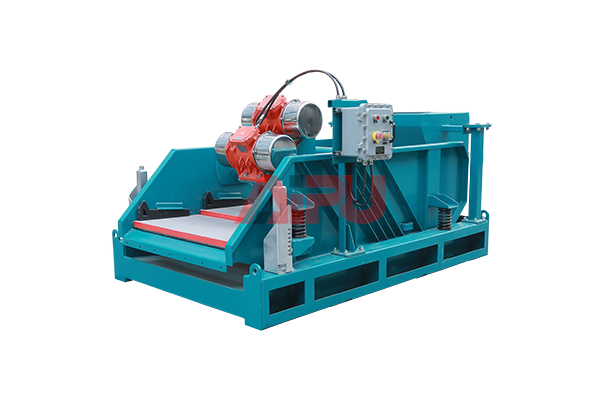Common Failures of Solids Control Systems and How to Address Them
Solids control systems are critical components in drilling operations, designed to remove unwanted solids from drilling fluids. However, like any mechanical system, they are prone to failures that can disrupt operations and increase costs. Understanding these common issues is essential for maintaining efficiency and minimizing downtime.

One of the most frequent problems in solids control systems is screen blinding. This occurs when fine particles clog the mesh openings of shale shaker screens, reducing their effectiveness. Regular inspection and proper screen selection based on particle size distribution can prevent this issue. Additionally, using anti-blinding screens or implementing a screen cleaning system can extend screen life.
Centrifuge failures represent another common challenge. Imbalance issues often stem from uneven feed distribution or buildup of solids in the bowl. Proper maintenance schedules should include routine checks of bearings, gearboxes, and bowl condition. Operators should also monitor vibration levels and address any abnormalities immediately to prevent catastrophic failure.
Pump-related problems frequently plague solids control systems. Cavitation, caused by insufficient suction pressure, can damage impellers and reduce pumping efficiency. Ensuring proper fluid levels in tanks and maintaining adequate suction line sizing are crucial preventive measures. Seal failures are another concern, often resulting from improper installation or incompatible fluids.
Conveyor system malfunctions can create significant operational bottlenecks. Common issues include belt misalignment, roller bearing failures, and drive mechanism problems. Regular lubrication and alignment checks can prevent many of these failures. Implementing a preventive maintenance program that includes thermal imaging of electrical components can identify potential issues before they cause downtime.
Electrical system failures often originate from environmental factors like moisture, dust, or vibration. Proper enclosure ratings and regular inspection of connections can mitigate these risks. Control panel issues, including relay failures and PLC malfunctions, require trained personnel for troubleshooting and repair.
If your project requires solids control equipment, choose Aipu Solids Control, we believe it will be your best choice.
